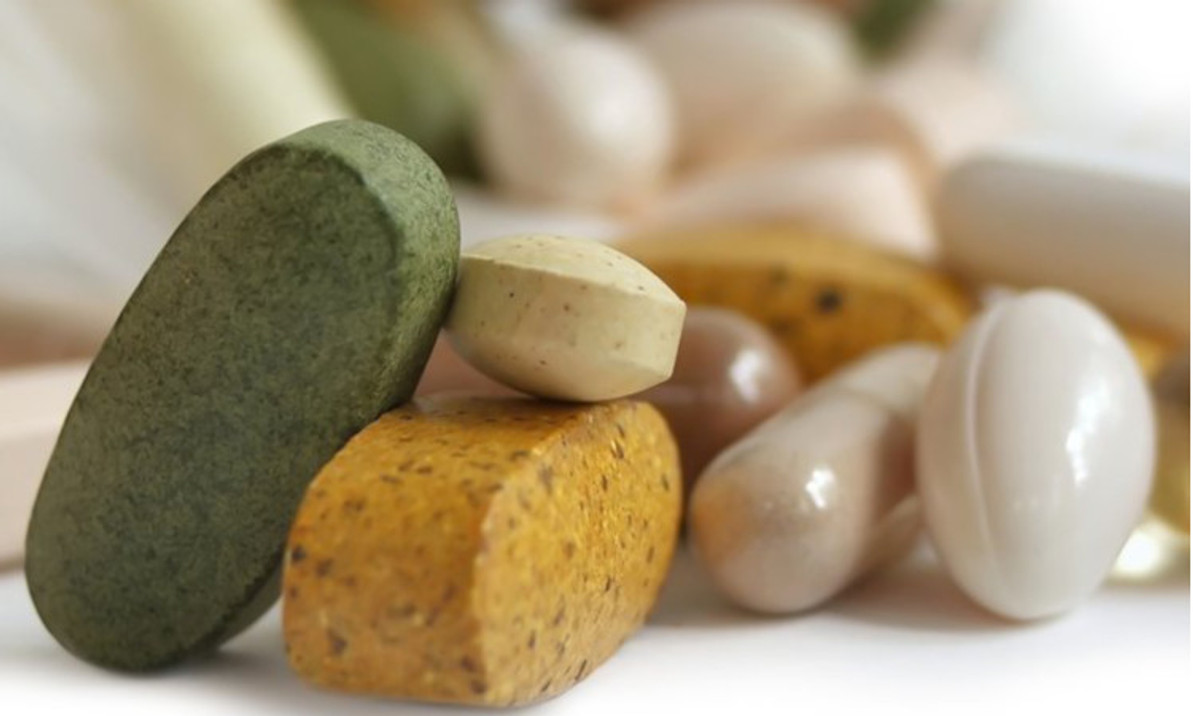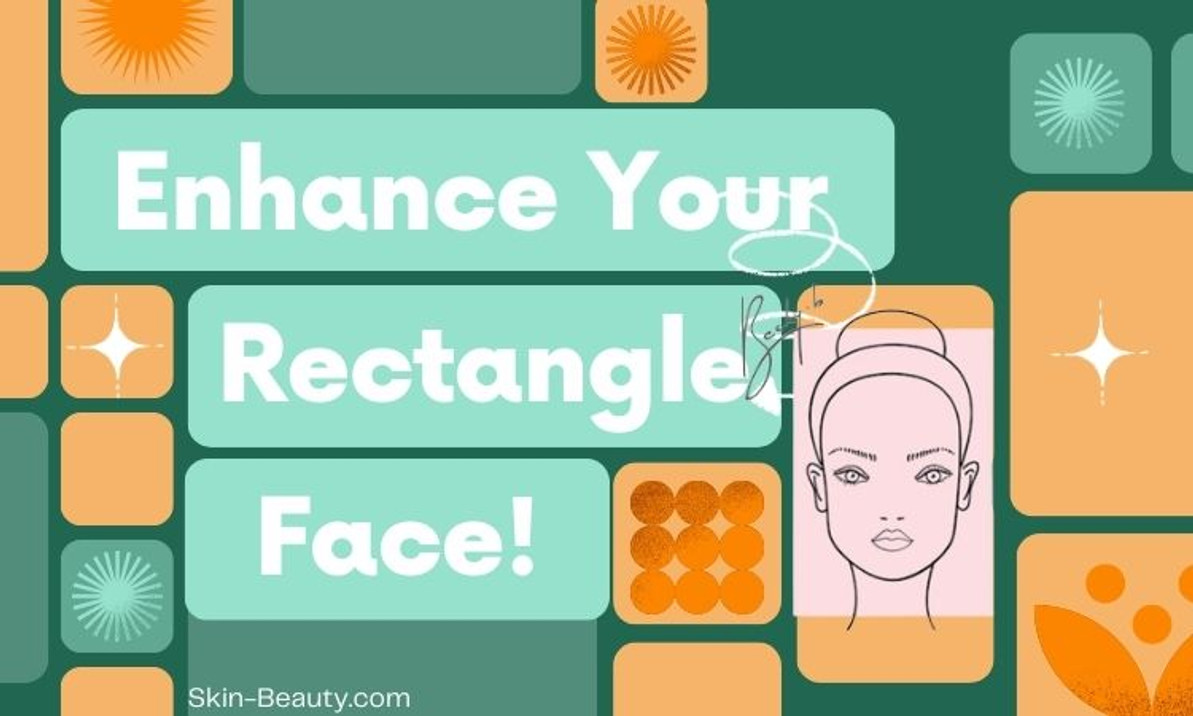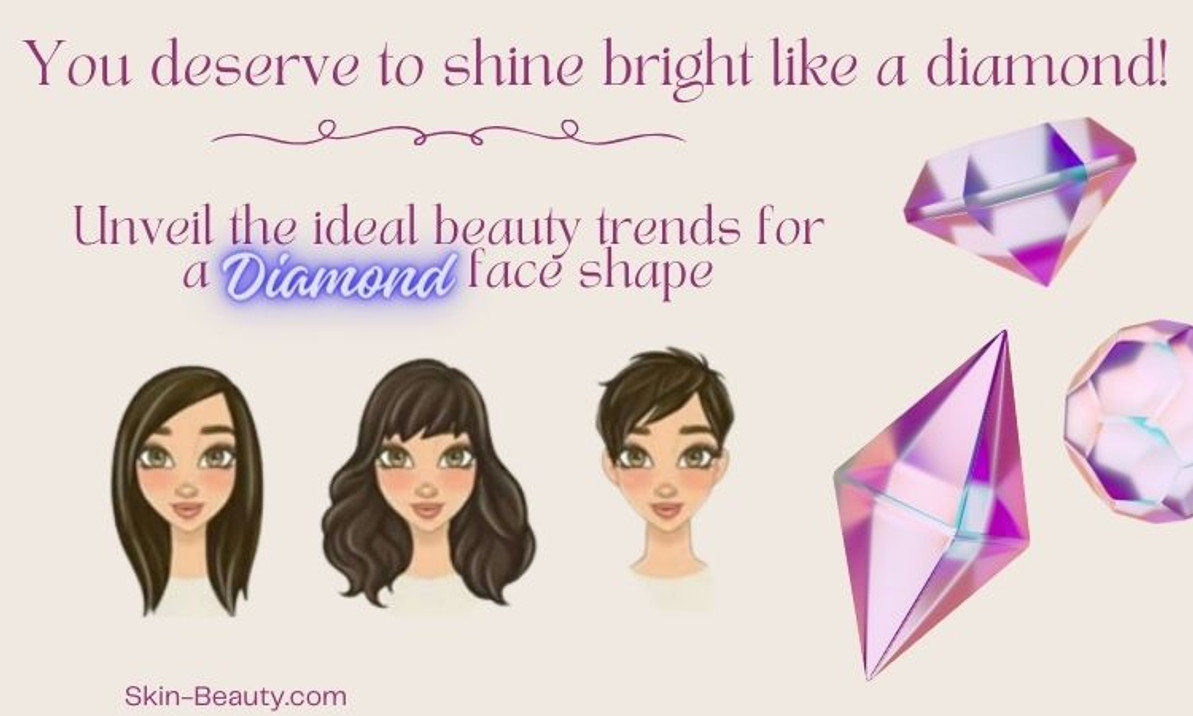The Anti-Aging Power of Vitamins
We are all aging. And as we age, the effects of time and gravity on our skin become more visible in the form of wrinkles, fine lines, dark spots, and dryness. Many turn to topical treatments to combat the signs of aging. But did you know that there's anti-aging power in vitamins? The anti-aging power of vitamins is on the rise, and it's all thanks to the new research that has come out in recent years. Instead of targeting aging from the outside, many are addressing aging from the inside out with vitamins!
Ingredients With Anti-Aging Power
Antioxidants are known to prevent agents called free radicals from damaging cells in the body and the skin. Free radicals result from normal body processes, but they can also be created by exposure to environmental factors such as smoking or ultraviolet (UV) radiation from the sun and speed up the aging process. There are many forms of antioxidants, but some have been proven to decrease the effect of the sun on the skin and prevent further damage.
Selenium: Selenium is a trace mineral that helps slow down aging by scavenging free radicals, which are responsible for breaking down our skin's collagen, resulting in unflattering skin blemishes like wrinkling, dark spots, fine lines, and loose, saggy skin. It preserves tissue elasticity and slows down the aging and hardening of tissues associated with oxidation, in addition to protecting skin from the sun. Selenium also plays a vital role in increasing the effectiveness of vitamin E. Dietary sources of the mineral include whole-grain cereals, seafood, garlic, and eggs.
Vitamin E: Vitamin E plays a significant role in preventing oxidative damage to membrane lipids by scavenging free radicals. It protects against collagen crosslinking and stops the oxidation of lipids linked to both aging and the skin. Vitamin E is abundant in vegetable oils and derivative foods such as margarine and shortening. Leafy green vegetables are also rich in vitamin E.
Vitamin C: Vitamin C is the most common antioxidant found in the skin. It fends off the signs of aging because of its vital role in the body's natural collagen synthesis. Like other antioxidants, it combats against free radicals and prevents them from accelerating the aging process. Aging, however, causes a decline in vitamin C content in both the epidermis and dermis. Excessive exposures to UV light or pollutants (e.g., cigarette smoke and ozone) may also lower vitamin C content, primarily in the epidermis. Oral supplementation with vitamin C effectively increases vitamin C levels in the skin. Vitamin C is also found in vegetables and citrus fruits.
Curcumin: Curcumin is an active compound found in turmeric with potent antioxidant powers. It helps promote longevity and combat cellular damage. It may also reduce collagen breakdown and prevent skin redness, hair loss, and cardiovascular disease, which are caused by inflammation when taken orally.
Collagen: Collagen is not an antioxidant, but it's an integral component of the skin that helps maintain skin structure. It is a fibrous, supportive protein found in bone, cartilage, tendons, ligaments, and skin. It helps skin cells adhere to one another and also gives the skin strength and elasticity. Collagen production decreases with age, contributing to skin wrinkling and sagging. Some research suggests that supplementing with collagen may reduce signs of aging, including wrinkles and dry skin.
Recent Posts
-
Discover the Perfect Glasses & Styles to Enhance Your Rectangle Face Shape!
Your face shape plays a significant role in determining the most flattering hairstyles and makeup te …Apr 17th 2024 -
Moroccanoil Treatment for Hair: The Ultimate Guide
Moroccanoil Treatment for Hair: The Ultimate Guide In the world of hair care, few products have …Apr 1st 2024 -
You deserve to shine bright like a diamond! Unveil the ideal beauty trends for a diamond face shape
Discover the Perfect Hairstyles and Makeup for a Diamond Face Shape Your face shape plays a …Mar 29th 2024




